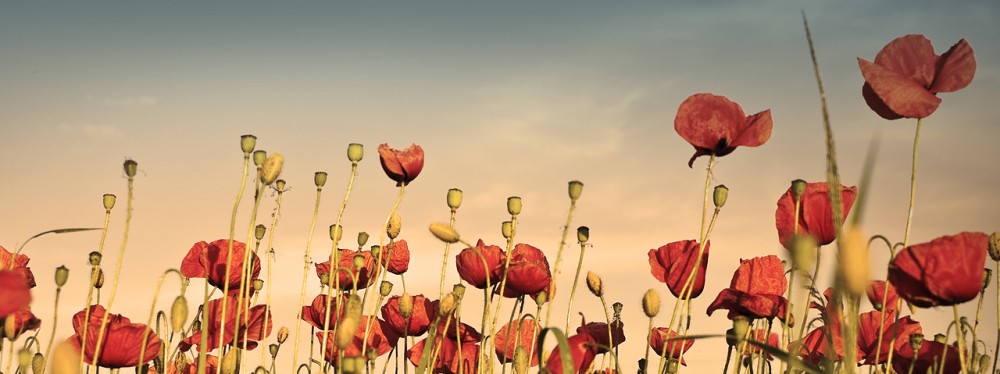Home supplies were raised at the meeting of Wandsworth Borough Council on 24th May 1916. A letter from Lady Denman suggesting that restrictions on keeping chickens and other fowl should be lifted for the duration of the war to encourage people to keep their own was met with the response that no such restrictions currently existed, before the meeting moved on to the price of milk.
A letter had been received from Acton Urban District council, forwarding a resolution which they intended to pass to the Local Government Board:
That in the interest of Public Health and Child Welfare, this Council view with grave concern an increase in the price of milk, particularly at a time when Local Authorities are being urged by the Government to exercise every precaution in the care of infants, and respectfully urges the Government to take such steps as may be necessary to control the price of milk in the interests of the children of the nation.
The Public Health Committee recommended that no action be taken, and the Council agreed with them – although Councillor Hurley did say he did not see why milk should be 6d a quart and that the Council ought to concur with the resolution. Ironically, several of the adverts on the page reporting the meeting in the Wandsworth Borough News were for local dairies, Morgan & Sons of East Hill and C H Cookson of Creswick Dairy Farm, Earlsfield Road among them. Cookson’s claimed to be the only dairy farm in Earlsfield where cows are kept on the premises.
The Council also raised strong objections to the suggestion that Conscientious Objectors could work for them in posts vacated by men serving with the Armed Forces. The Committee on work of National Importance had suggested it as a possibility for Tribunals to determine what work COs could take, and had supplied a list of potential posts. They hoped that the Council would employ people who had gained exemption based on getting a job considered of national importance – a suggestion to which the Council “strongly protested”.
Wandsworth Council minutes, ref: MBW/1/16
Wandsworth Borough News available on microfilm.
